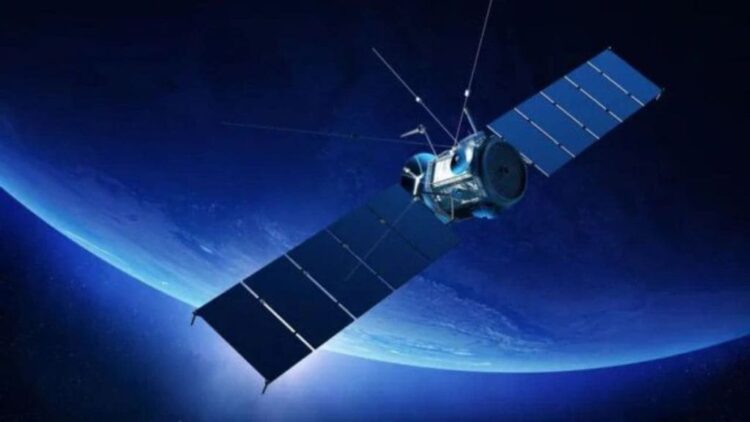Amidst the recent controversy by Donald Trump and Allen Musk, a big news related to Musk’s satellite internet company ‘Starlink’ has come out. Reuters quoted sources as saying that Starlink has got the approval to start its services in India. According to reports, Starlink has been issued a required license for functioning in India. For the last several days, the report was coming that Starlink is not getting the necessary approval to work in India, but after getting this license, now the company can start its commercial operation in India soon.
Since 2022, Starlink has been trying to enter India but due to national security, it was not being given lines. Amazon’s Quipper has also applied to the government to provide satellite internet in the country. However, no official statement has been revealed by Starlinks yet.
Earlier in March, India’s big telecom company Airtel Bharti announced its partnership with Elon Musk’s company Starlink. Airtel had said in a statement at that time that the agreement was subject to receiving the Authority to SpaceX to sell Starlink satellite satellite -based internet service in India. After this, India’s billionaire businessman Mukesh Ambani also announced a deal to bring Starlink Internet service to India through Alan Musk’s space-X. However, the deal of both companies Airtel and Jio depended on the approval of the Government of India.
However, let us know in Tafsil what is Starlink and how it gives internet service through satellite. Actually, Space-X has left many such satellites which are in the Lower Earth orbit of the Earth. Starlink gives internet through this. It is claimed that if it comes to India, whether it is a mountain or a far-flung rural area, high speed internet can be enjoyed everywhere. If Starlink is approved in India, then it can change the entire telecom sector.
According to the official website, the Starlink Low Earth uses a group of small satellites in the orbit (Leo) that helps it to communicate with user terminals on the ground. Currently, it operates more than 6,750 satellites that serve millions of active customers worldwide with high speed, low delays internet.






